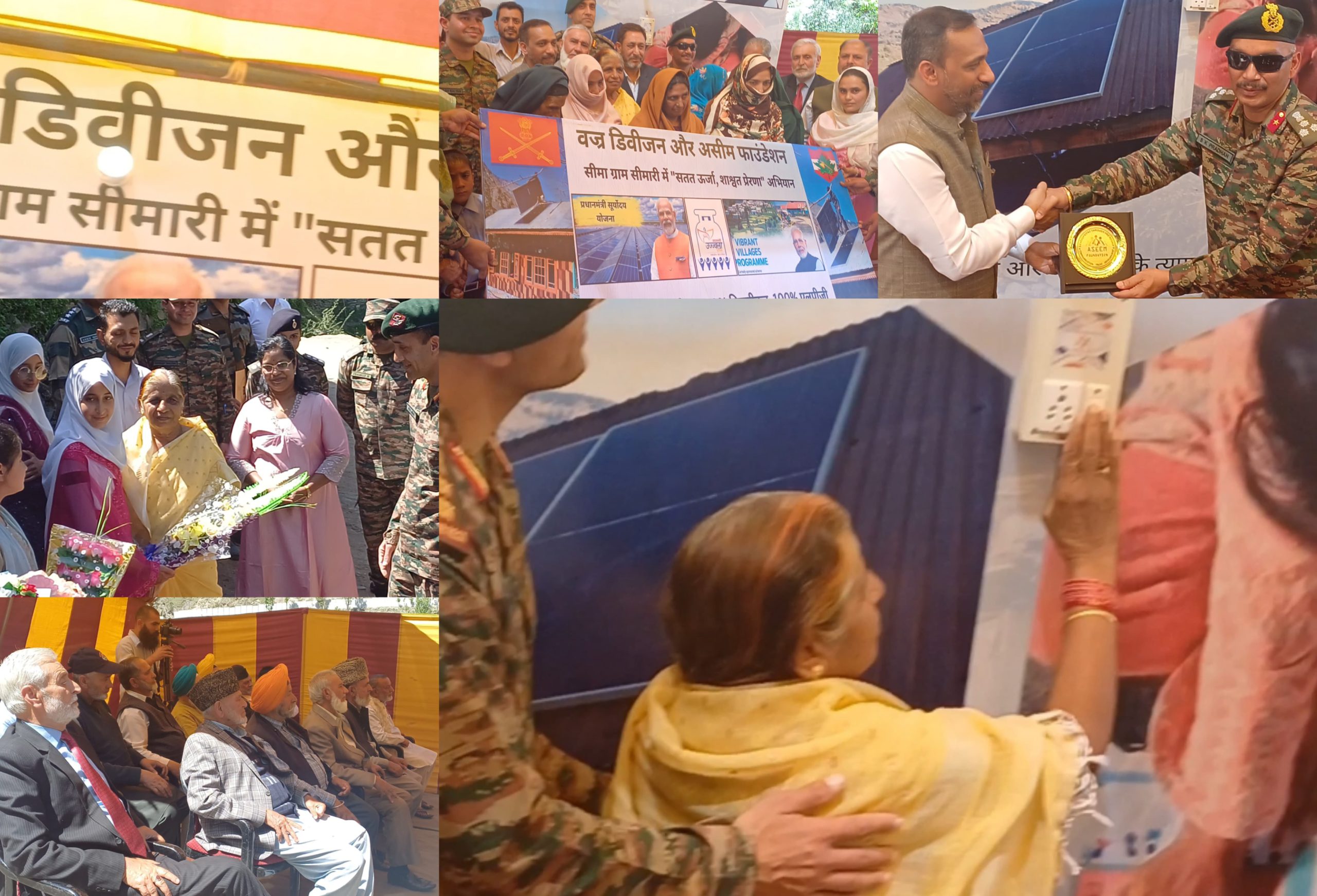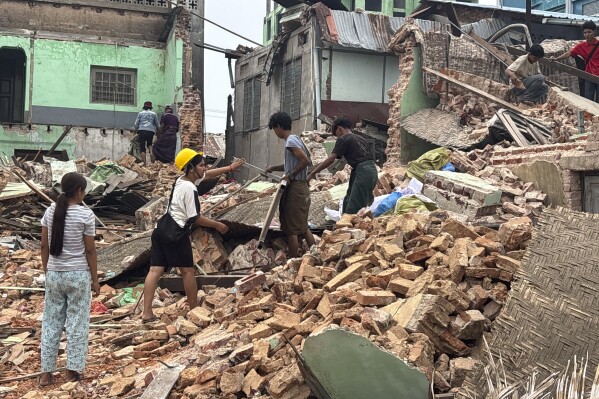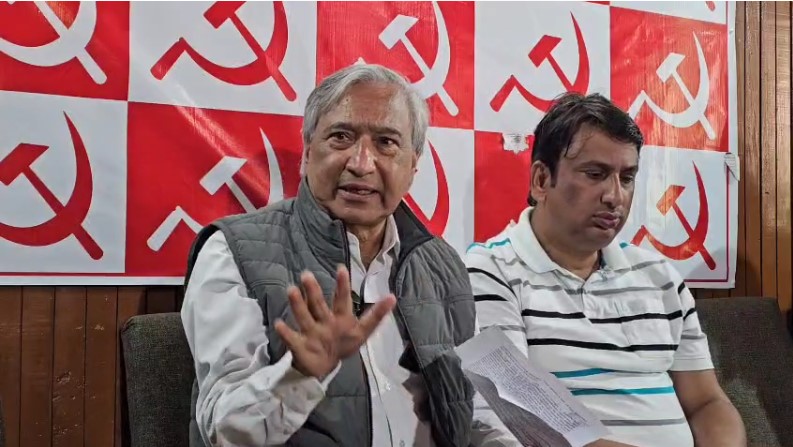The Congress party today unveiled its manifesto titled ‘Nyay Patra’ promising several key initiatives, including restoring full statehood to Jammu and Kashmir immediately.
Also, they pledged to fill nearly 30 lakh vacancies in central government posts, implement a 10 percent quota in jobs and educational institutions for economically weaker sections, adopt the Rajasthan model of cashless insurance for universal healthcare, and pass a constitutional amendment to raise the cap on reservations for SC, ST, and OBC.
They also committed to conducting a nationwide socio-economic and caste census and guaranteed a new ‘right to apprenticeship act’ for diploma holders or graduates below 25.
Furthermore, the manifesto outlined plans for urban employment programs, abolishing the Agnipath program, and ensuring normal recruitment in the armed forces to achieve full sanctioned strength.
Article 370 of the Indian constitution[a] gave special status to Jammu and Kashmir, a region located in the northern part of the Indian subcontinent and part of the larger region of Kashmir which has been the subject of a dispute between India, Pakistan and China since 1947. Jammu and Kashmir was administered by India as a state from 17 November 1952 to 31 October 2019, and Article 370 conferred on it the power to have a separate constitution, a state flag, and autonomy of internal administration.
Article 370 was drafted in Part XXI of the Indian constitution titled “Temporary, Transitional and Special Provisions”.It stated that the Constituent Assembly of Jammu and Kashmir would be empowered to recommend the extent to which the Indian constitution would apply to the state. The state assembly could also abrogate the Article 370 altogether, in which case all of Indian Constitution would have applied to the state.
After the state constituent assembly was convened, it recommended the provisions of the Indian constitution that should apply to the state, based on which 1954 Presidential Order was issued. Since the state constituent assembly dissolved itself without recommending the abrogation of Article 370, the article was deemed to have become a permanent feature of the Indian Constitution.
On 5 August 2019, the Government of India issued a Presidential Order superseding the 1954 order, and making all the provisions of the Indian constitution applicable to Jammu and Kashmir. The order was based on the resolution passed in both houses of India’s parliament with two-thirds majority. A further order on 6 August made all the clauses of Article 370 except clause 1 to be inoperative. The order took away J&K’s statehood.
In addition, the Jammu and Kashmir Reorganisation Act, 2019 was passed by the parliament, enacting the division of the state of Jammu and Kashmir into two union territories to be called Union Territory of Jammu and Kashmir and Union Territory of Ladakh. The reorganisation took place on 31 October 2019. Taking away the statehood.
A total of 23 petitions were presented to the Supreme Court of India, challenging the constitutionality of the abrogation of Article 370 of the Constitution a, which constituted a five judge bench for the same. On 11 December 2023, a five judge constitution bench unanimously upheld the constitutionality of the abrogation of Article 370 of the Constitution.









